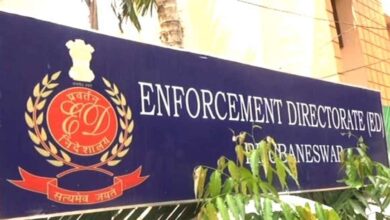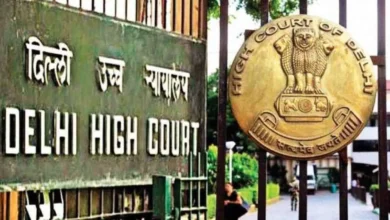Digital Personal Data Protection Bill passed in Lok Sabha amidst opposition protest
The bill defines data usage rules for entities. Opposition seeks panel review, while the bill heads to Rajya Sabha for consideration.

On Monday, Loksabha passed Digital Personal Data Protection (DPDP) Bill. The bill, presented by Minister for Electronics and Information Technology Ashwini Vaishnaw, marks a milestone in defining how private and government entities can utilize or manage individuals’ data. It is the first-ever law concerning the usage and handling of citizens’ personal data.
Despite some opposition and concerns raised, the bill successfully passed through the Lok Sabha with a voice vote. However, its journey is not over yet, as it now proceeds to the Rajya Sabha for further consideration. Notably, the ruling coalition currently faces a challenge due to its shortage of the majority mark in the Rajya Sabha.
The opposition, expressing reservations about the bill, has been advocating for the bill’s referral to a parliamentary panel for more comprehensive discussions and assessments. These concerns revolve around potential violations of citizens’ Right to Privacy.
Among the notable aspects of the bill are provisions related to the age of individuals considered as children, which could potentially be lowered from 18 to 15. The bill also introduces specific situations where both the government and private entities can process citizens’ data without requiring explicit consent, though certain limitations will be imposed on the processing of children’s data.
In line with the bill’s objectives, the creation of a Data Protection Board is mandated to regulate data protection matters in the country. The board’s chairperson and members will be appointed by the Union government.
However, some concerns have been raised about the wide-ranging exemptions granted to the government under the proposed law. The bill specifies that its provisions may not apply in instances where the “instrumentality of the state as the central government may notify.” This could encompass scenarios involving national sovereignty, security, friendly foreign relations, public order, or prevention of certain offences.
As the DPDP Bill advances to the Rajya Sabha, further deliberations and potential amendments are expected to shape the final legislation that will impact how personal data is managed and utilized in India.



